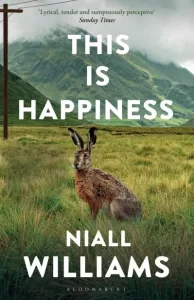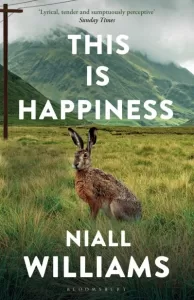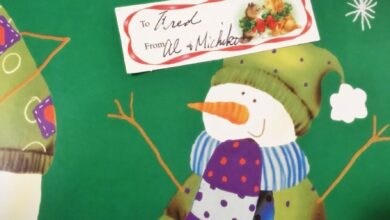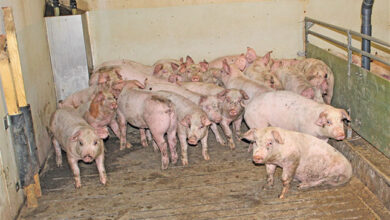This is Happiness by Niall Williams – The Milk House

The Rural Literature Book Club is meeting online for the seventh time on August 10th, 6pm GMT/ 1pm EST. Join people from all over the world to discuss This is Happiness by Niall Williams.
About the Rural Literature Book Club
You can join the Rural Literature Book Club here, or email RyanDennis@themilkhouse.org to receive the Zoom link.
The conversation is friendly, inclusive and insightful, and generally lasts about an hour. The group meets online three to four times a year.
Previously discussed books include The Discomfort of Evening by Marieke Lucas Rijneveld, All Among the Barley by Melissa Harrison, Disgrace by J.M. Coetzee, Demon Copperhead by Barbara Kingsolver, The Bee Sting by Paul Murray and The Kitchen House by Kathleen Grissom.
To help facilitate discussion and to get the wheels turning, here are a few questions that we might discuss if the group is interested.
This is Happiness by Niall Williams


 1. What significance do you think the weather has in the book? Why is it important when the rain starts and stops?
1. What significance do you think the weather has in the book? Why is it important when the rain starts and stops?
2. How does Williams present a changing Ireland? Does he offer a judgement on it? What aspects of Irish culture does he choose to leave out?
3. Why might Williams have chosen an old narrator looking back on his youth as the vehicle for the narration? What advantages does it bring to the storytelling?
4. What are the similarities and differences between Noe and Christy as hopeless romantic figures?
5. What is the role of storytelling in the book? Does it speak to the larger Irish culture in anyway?
6. Is Williams successful in being “rich in sentiment” while avoiding sentimentality? Do you think it’s an accurate or fair look at rural Irish life in the 50s?
7. “So, Ganga, like me I suppose, chose the baroque, first because of the native precept to enjoy the music of telling, second, because English was a stolen language, and third, because the baroque offered a truer reflection of life as lived in Faha…” Does this explanation of how the Noe’s grandfather told stories also offer some justification for William’s choices in storytelling?
Feel free to add your own questions in the comment section…


